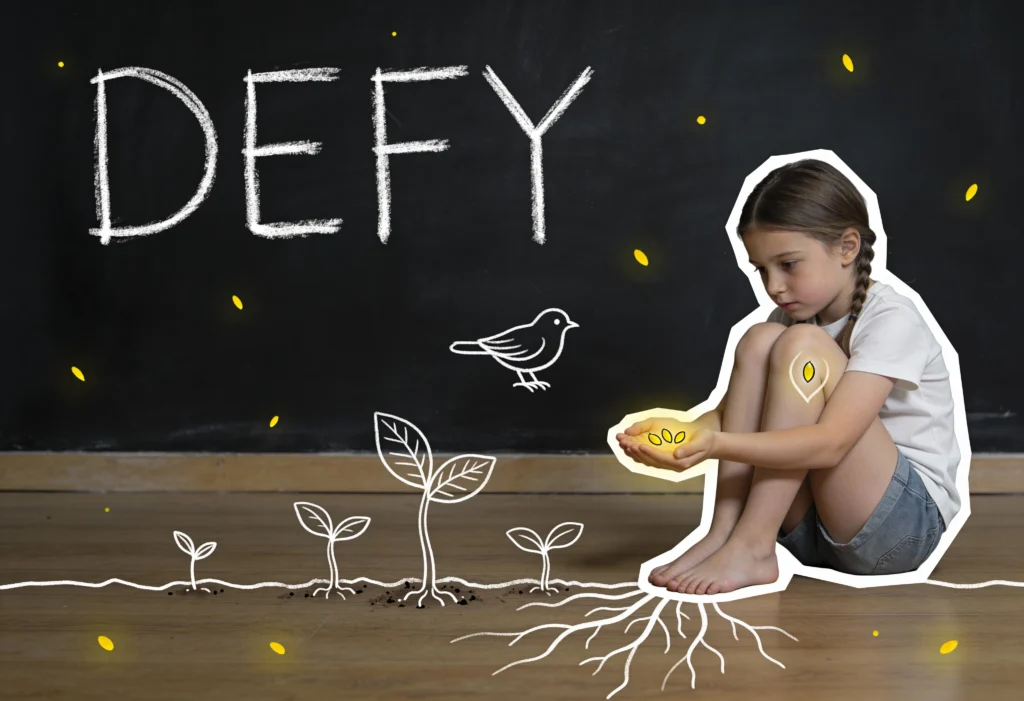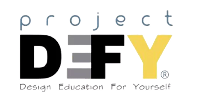Children Born in Winter

Once, in a kingdom where most children were born wrapped in invisible blankets of safety, there lived a girl named Mira who came into the world with empty hands. Other children slept soundly in their cradles, dreaming without fear. When they woke, they reached for their mothers and expected comfort. When they fell, they expected […]
